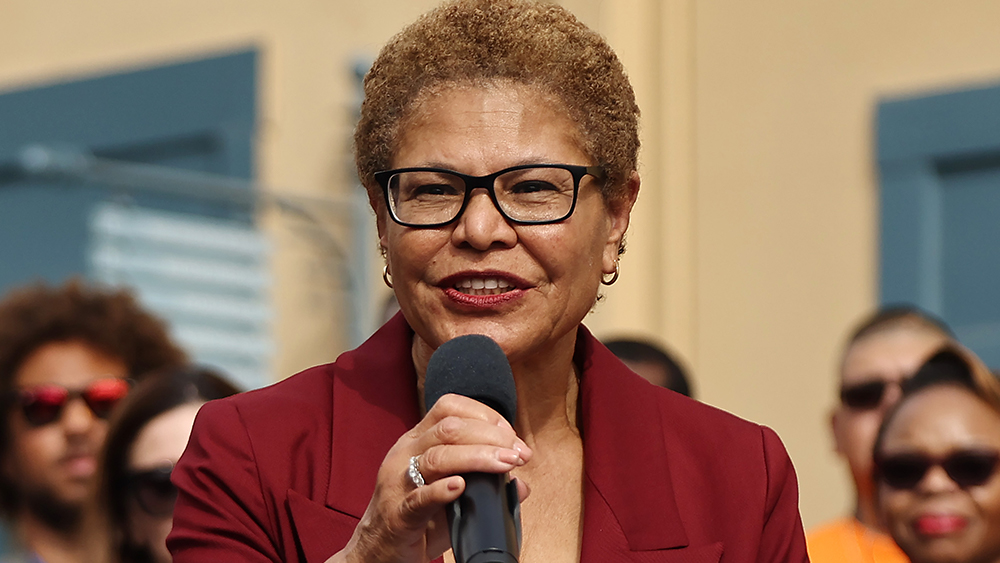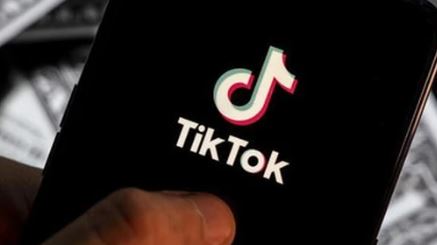 Parler
Parler Gab
Gab
- President Trump ordered the preservation of all records related to the FBI's now-defunct Office of Diversity and Inclusion (DEI), setting the stage for a potentially explosive investigation.
- The FBI abruptly closed its DEI office just days before Trump's inauguration, sparking accusations of corruption and raising questions about the bureau's priorities.
- Critics, including law enforcement veterans and politicians, argue that the FBI's focus on DEI initiatives has compromised its core mission of law enforcement and national security.
- The Trump administration's investigation is expected to reveal shocking information about the FBI's recent direction, with former NYPD Inspector Paul Mauro predicting the revelations will not be pretty.
- The appointment of Kash Patel, a critic of the FBI's recent direction, to lead the agency signals a clear shift in priorities under the Trump administration.
A shift in priorities: Law enforcement or social engineering?
Mauro didn’t mince words when discussing the FBI’s recent track record. “Federal law enforcement agencies and some of the local agencies have decided that law enforcement is not their first priority. Social engineering is,” he said. This sentiment was echoed by Tennessee Senator Marsha Blackburn, who has been a vocal critic of the FBI’s focus on DEI initiatives. “The question is why were they allowed to be focused on DEI in the first place? The FBI should be focused on catching criminals, not winning participation trophies,” Blackburn stated. In a scathing letter to FBI Director Christopher Wray, Blackburn argued that the bureau’s emphasis on DEI has compromised its core mission. “Under your leadership, the Bureau has settled for lower quality candidates to satisfy DEI mandates,” she wrote. “Americans now feel increasingly unsafe because of incidents like the January 1 terror attack, and the FBI’s prioritization of diversity over competence shows that their concerns are well founded.”The DEI debate: A threat to national security?
The FBI’s DEI office, which was established in 2015, was intended to promote diversity and inclusivity within the bureau. However, critics argue that these initiatives have come at the expense of national security. House Judiciary Chairman Jim Jordan has been particularly outspoken on this issue. “The law enforcement and intelligence capabilities of the FBI are degrading because the FBI is no longer hiring ‘the best and the brightest’ candidates to fill the position of Special Agent of the FBI,” Jordan wrote in a letter to Wray earlier this year. “An increasing number of lower quality candidates — described by one source as ‘bread crumbs’ because they were rejected by other federal law enforcement agencies — are applying to become FBI Special Agents.” Former FBI agent Jonathan Gilliam, who left the bureau in 2013, has also voiced his concerns. “When you add in the mix with that, the political left that has swarmed through all these agencies like a virus, what you get is people who are unrealistic,” Gilliam said during a recent appearance on Newsmax. “They are not qualified for the job, and they recruit other people that are not qualified for the job. And that’s how you end up with this nonsense.”A new era for the FBI?
As the Trump administration digs deeper into the FBI’s operations, the bureau is bracing for significant changes. Director Christopher Wray announced last month that he would resign when Trump takes office, paving the way for former White House national security official Kash Patel to lead the agency. Trump’s decision to appoint Patel, a staunch critic of the FBI’s recent direction, signals a clear shift in priorities. “We demand that the FBI preserve and retain all records, documents and information on the now closing DEI Office — Never should have been opened and, if it was, should have closed long ago,” Trump wrote in a Truth Social post. “Why is it that they’re closing one day before the Inauguration of a new Administration? The reason is, CORRUPTION!” The coming months promise to be a turning point for the FBI. As the Trump administration peels back the layers of what Mauro describes as a “rudderless” era, Americans may finally get answers to long-standing questions about the bureau’s priorities and practices. One thing is certain: the truth, as Mauro warned, won’t be pretty. But for a nation yearning for accountability and security, it’s a necessary step forward. Stay tuned as this story develops — the drama is just beginning. Sources include: AllNewsPipeline.com GroundNews.com WorldTribune.com DailyCaller.comTrump’s TikTok U-turn: From “national security threat” to “crazy videos for kids”
By Ramon Tomey // Share
By News Editors // Share
Great Awakening: How Canada’s corporate retreat from wokeness signals a cultural shift
By Willow Tohi // Share
Elon Musk’s DOGE explores use of blockchain to revolutionize government spending and transparency
By Belle Carter // Share
Russia enters the fray: Trump’s Panama Canal claims threaten global trade neutrality
By Ramon Tomey // Share
Governments continue to obscure COVID-19 vaccine data amid rising concerns over excess deaths
By patricklewis // Share
Tech giant Microsoft backs EXTINCTION with its support of carbon capture programs
By ramontomeydw // Share
Germany to resume arms exports to Israel despite repeated ceasefire violations
By isabelle // Share










